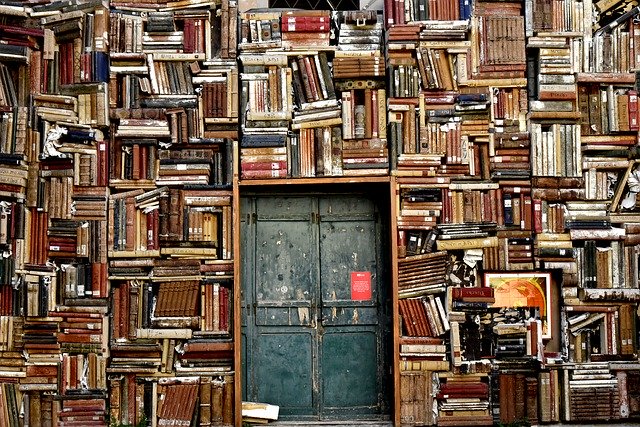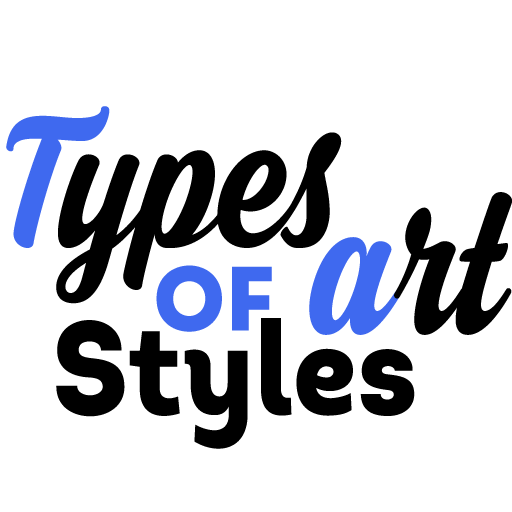Literary genre: What is it? Definition, history, characteristics and more
Contents
What is a literary genre?
The artistic manifestations of literature, due to its origin and the productions that have been made throughout history, have generated the need for an organization, which is made from literary genres. Thus, a literary genre refers to a particular category in which literary texts are classified.
The classification of texts in each literary genre is made taking into account the set of characteristics regarding the structure in which it was developed, the content and theme, as well as the resources used for its production.
Meaning of literary genre
To define the term, it is necessary to know the two parts that compose it. The term -genre-, derived from Latin, comes from “generis or genus”, which refers to “kind”. Meanwhile, -literary-, also derived from Latin, comes from “litterarius”, which refers to “littera”, synonymous with the term “letter”.
Thus, when we speak of literary genre, we refer to the classes or categories into which it is organized, in this case, literary works.
Definition of literary genre
From the above, the literary genre will be a starting point that will allow us to have an idea of the content of a particular book or literary text. Its organization has a great importance in the whole literary artistic field, since its classification allows the separation in terms of content and themes. An example of this is the bookstores or libraries that organize their shelves in this way.
We can define the literary genre as a kind of label that is previously established to indicate to the public the way in which the work it observes should be considered and in this sense, since it would be a conventional label, it will have a previous position and will know what to expect from it, taking into account its main characteristics, references and so on.

Characteristics of literary genres
The first thing to keep in mind is that literary genres are the form of organization given to the art of literature, taking into account the content and its structure. Moreover, these classifications have not always been permanent, but have been modified and there have been multiple classes for literary genres.
At the beginning, literary works began to be classified in previous centuries, mainly in Greece, where the organization of these works was initiated by Aristotle, who considered that all stories should be gathered so that they could be narrated at the time. Thus, the first works that are part of this classification, according to many experts, are The Odyssey and The Iliad.
On the other hand, another fundamental characteristic of literary genres is that they can be fictional or non-fictional, although the latter take resources from reality. Their modalities are defined by the characters, by the time and space in which they are told.
Function of literary genres: What are they for?
In the first place, literary genres facilitate that, from their formal models and the content of the work, the text can be organized and in this sense, shape a scheme that is previously taken as a reference so that this allows the creation of literary works.
It is in the academic area that literary genres are one of the most discussed topics, since it allows to establish basic considerations related to literary works and in this way, the imaginative character is strengthened at the time when you want to write a text, for which other pedagogical resources are used for learning.
History or origin of literary genres
The origin of literary genres dates back to the times of Aristotle, philosopher, scientist and polymath, who is the first theoretician to consider the classification of texts, in this case, of poetry, which was carried out by appealing to criteria based on content and form, that is, on the subject matter and structure, whether narrative, epic or dramatic, respectively. This is the birth of the first literary genres of literature: the epic genre, the dramatic genre and the lyric genre, which will be in his work The Poetics, one of the most important texts for universal literature.
Later, Horace, one of the most important lyric and satirical poets of the Latin language, added that the classifications that were being given, were completely different entities and therefore, should be divided in a concrete way. This allows each of the literary genres to have a specific tone and the works that are housed, correspond to a particular form, eliminating the combination of literary genres.
Thus, by the sixteenth century, in the middle of the Renaissance, literary works of poetry began to emerge, where the division of genres began. This was due to the fact that rhetoricians were faced with the task of gathering the works from genres that were then created. This led to several discussions about what should be considered according to the literary genre and what not, to organize the text and place it in another genre. the debates led them to the conclusion that it was necessary to specify the content of literary genres respectively and this led to the emergence of literary subgenres that will allow a better classification of the works.
However, during the Baroque, a fundamental period for literary artistic manifestations, there is a desire to combine the rules and forms of literary classification, since they begin to consider that these were not efficient for the creation of works, which leads to the elaboration of the function of literary genres. This will allow, later on, the creation of literary classifications in which the works will begin to be catalogued.

Classification of literary genres: What are they?
For a better understanding, we have organized the corresponding literary genres and subgenres as follows. Remember that you can click on each of them to know them in depth.
Lyric genre
It is characterized for being a genre that totally allows the transmission of feelings, sensations or emotions before a person or before the object itself that inspires it. Often, its expression will take place in the poem, although it will also take other forms for its purpose. Its function is completely emotive.
The sub-genres of the lyric genre are: the song, the eclogue, the elegy, the satire, the hymn, the epigram, the madrigal, the letrilla, the sonnet and the odes.
Narrative Genre
In this genre, the works are in charge of narrating events or happenings through a voice called -narrator-. Its function is to provide information about something, so that it is given in a referential way and takes as a source the writer, who can also be called storyteller or novelist.
The subgenres of the narrative genre are: the short story, the novel, the short novel, the legend, the tale and the fable.
Dramatic genre
It is based on plays whose vision of the author’s world is shown from the characters, so that it takes a special link with the theater and its space as a stage. The plays may represent tragic moments in the life of the human being, which is why the use of dialogues is used to eliminate the figure of the narrator within the genre. Its function is appellative, so that it can influence the readers or the audience and its source will be the playwright.
The subgenres of the dramatic genre are: the entremés, the melodrama, the comedy, the drama, the tragedy, the sacramental or liturgical (biblical) auto sacramental, the sainete, the paso and the tragicomedy.
Epic genre
It is usually confused with the narrative genre, since they use similar aspects. However, it differs from the others, since in this ancient literary genre, the author presents a series of legendary facts that are passed on to the reader as true or based on a truth. The mode of expression used is limited to narrative techniques, although it also includes aspects such as dialogue, typical of the dramatic genre, and it is not necessarily presented in written form but also told through rhapsodies.
The sub-genres of the epic genre are: the epic, the epic poem, the canto de gesta and romances.
Didactic genre
This literary genre bases the works it contains on a particular purpose, since it is focused on the dissemination or even the teaching of ideas that are expressed in a literary text. It usually uses specific resources, such as very elaborate language, philosophical themes, among others. It is considered as a genre that develops in times after antiquity.
The sub-genres of the didactic genre are: the fable (with a didactic purpose), the essay, the epistle, the dialogue, the biography, the chronicle, the oratory, the didactic novel and the didactic poem.
